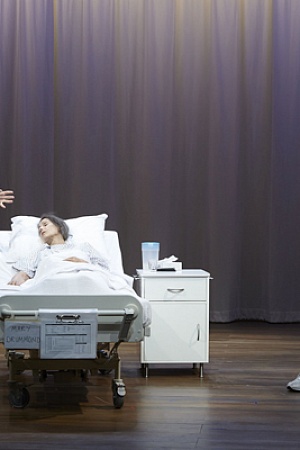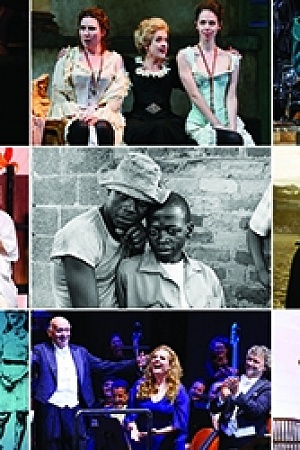Hobart Baroque
Hobart is the ideal place in which to have a festival. Big enough to have other attractions but small enough so that the festival becomes a major event rather than just another diversion. A walk through Battery Point, followed by a long lunch at Salamanca Place with congenial fellow festival goers, or a trip out to MONA to wander through the psyche of David Walsh are exceptional ways to spend the day before the next performance.
Post-election, the feeling seems to be one of wary acceptance and, certainly among the people I was speaking to, an awareness that old battles will have to be fought again.
Continue reading for only $10 per month. Subscribe and gain full access to Australian Book Review. Already a subscriber? Sign in. If you need assistance, feel free to contact us.















Leave a comment
If you are an ABR subscriber, you will need to sign in to post a comment.
If you have forgotten your sign in details, or if you receive an error message when trying to submit your comment, please email your comment (and the name of the article to which it relates) to ABR Comments. We will review your comment and, subject to approval, we will post it under your name.
Please note that all comments must be approved by ABR and comply with our Terms & Conditions.